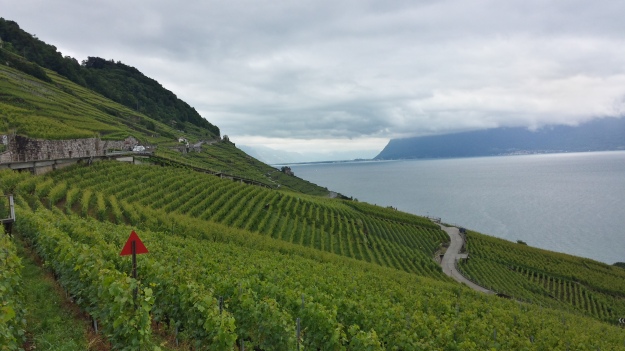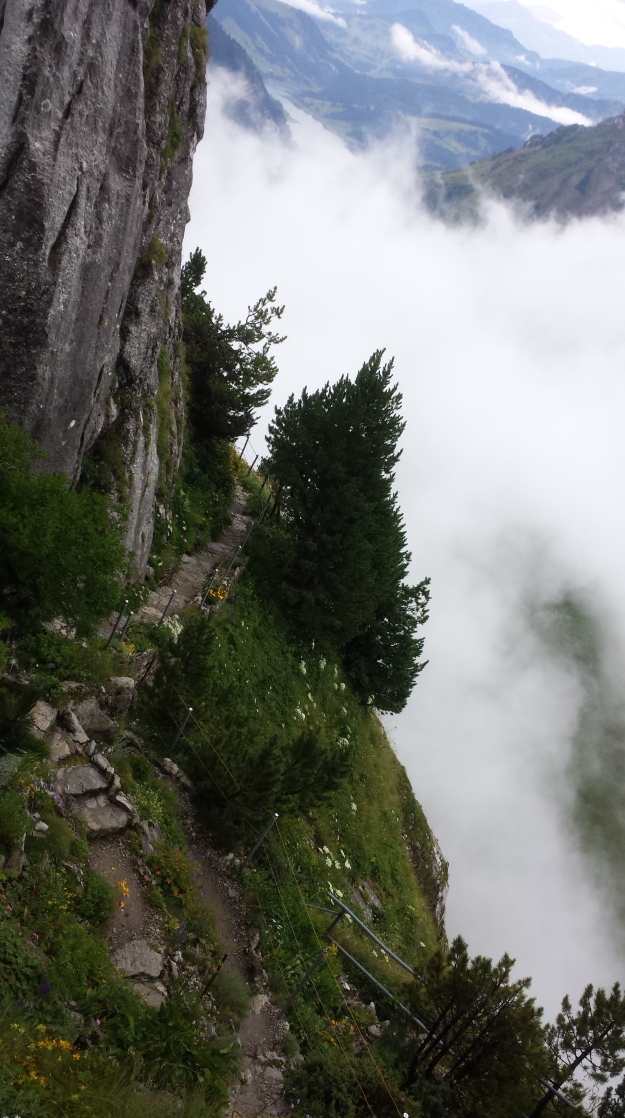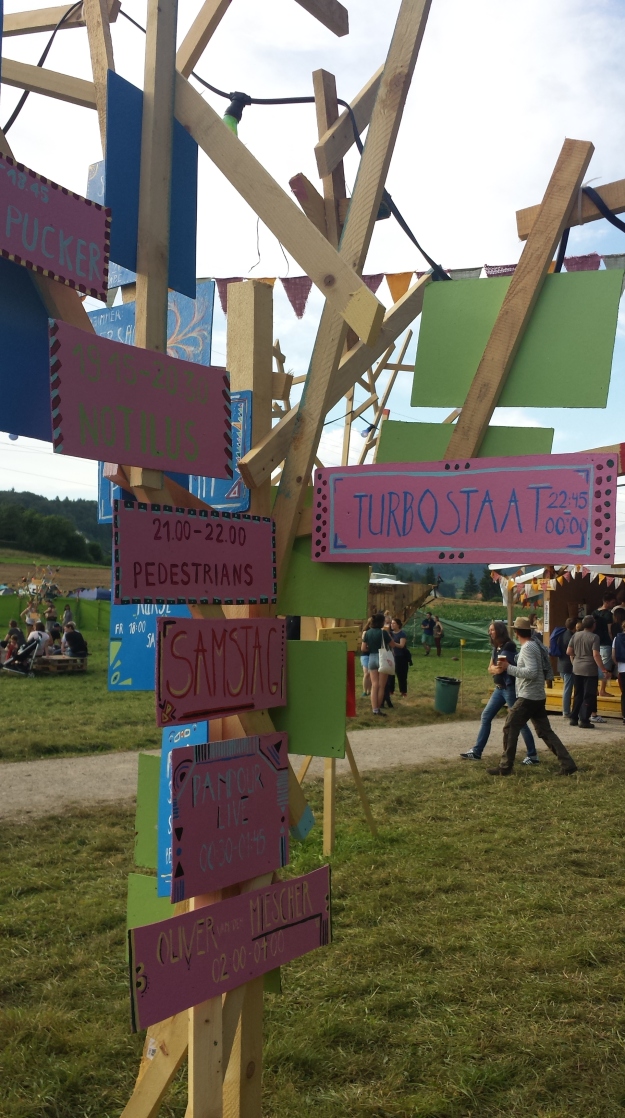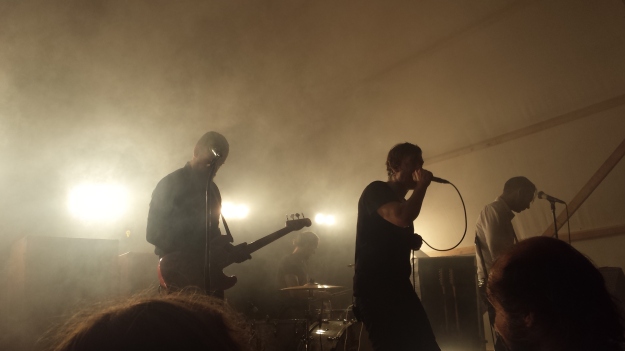My three months of summer were spent living in an AirBnB room in a pretty Swiss house hidden somewhere in the peaceful town of Préverenges, a five-minute walk from the shores of Lac Léman, and working in a small inorganic chemistry lab tucked away in a corner of the CH building in EPFL, where many toxic/radioactive/flammable/pungent, but not in any way less colourful and fascinating, chemical reactions were carried out and studied extensively. It was, perhaps, one of the best summers I could ever remember.

Inorganic chemistry is a vast field of research, for it covers the syntheses, structures and behaviours of compounds based on virtually any of the elements found in the Periodic Table, except for carbon. Of course, it would be a Herculean task for any one research group to work on all of these elements, so each group tends to choose to focus on a collection of elements that behave similarly to one another, for it is then easier to classify and rationalise any trends and anomalies discovered. For my three months in EPFL, I was attached to the Group of Coordination Chemistry led by Professor Marinella Mazzanti, whose main interest lies in the rich chemistry of lanthanides and uranium. The project to which I was assigned involved an investigation of the structures and reactivity of several lanthanide Schiff-base complexes: the goal was to try to store electrons in these complexes using a strong reducing agent, making them much more nucleophilic, thus enabling them to become very reactive towards the activation of small molecules such as carbon dioxide, carbon monoxide and even molecular nitrogen. This could potentially open up new avenues of research for other fields such as catalysis and synthetic chemistry.
A day-to-day routine in the lab would involve setting up new reactions, analysing on-going reactions using various techniques such as Nuclear Magnetic Resonance (NMR) spectroscopy, Mass Spectrometry, etc. and attempting to isolate pure, crystalline products from completed reactions for further examinations such as single-crystal X-ray diffraction and elemental analysis. Almost everything we do in the lab is air-sensitive, and so special techniques to handle these chemicals under an inert atmosphere must be used to ensure the safety and integrity of our experiments. Of course, the actual picture was somewhat less rosy as very often things never really worked out the way we expected them to, and here came the ever-insightful discussions with more senior members of the group: with their experience, they were able to give very useful advice which helped me get out of the bottleneck and move forward by interpreting the data more precisely and improving on the experiments. I cherished these discussions, for through them I not only gained more understanding of my project in particular, and of f-block chemistry in general, but I also became more bonded to my lab-mates (it is all about forming bonds in chemistry, is it not?).
But my Swiss experience was not just confined within the four walls of the lab. Even though I am not a fantastic fan of travelling, the scenic beauty of Switzerland still managed to compel me to get out of my room every now and then, with some reluctance at first when I had to get up early on a Saturday morning to catch a train, but with full bliss and marvelment by the end of the day after having been immersed in the fresh air and the breath-taking views of nature. That was the time when I walked up the vineyard terraces in Lavaux on a rainy day, hoping to steal a grand look on the many arrays of vines, the wavy surface of the lake and the grey Alps fading into the distance behind the clouds and the rain. It was such serenity to just let myself get lost amongst the cute little houses, hidden staircases and secret streams of water flowing down into the lake. There was no sunlight on that day, but everything still somehow managed to glow up so vividly… Then there was the time I took a vintage train to go up to Rochers de Naye, a mountain of the Swiss Alps with an elevation of around 2000 m above sea level that promises a mesmerising panorama of nearby valleys and of Lac Léman. It was cold and windy up there, so after walking around to absorb as much of the view as possible, it was perfect to just sit down in a local bar and slowly enjoy a cup of hot chocolate.




And then there was the time I went to a festival called KleinLaut based in Riniken, which was literally in the middle of nowhere. However, thanks to it being in a small town and hidden among the woods and mountains, it did not get overloaded with people and noises. There were fun activities for everyone — children and adults alike — to engage in, all food was home-cooked, and the bands played handsomely. It was relaxing to just wander around and enjoy the food, the music and the people, in a place far away from crowded and rowdy city centres.



My three months in Switzerland have been a wonderful experience: I have made new friends with my lab-mates and with the other EPFL interns through work as well as through the various picnics and BBQs we organised, learnt a great deal of new chemistry, and been thoroughly amazed by the enthralling beauty of nature. It was hard to say goodbye to my lab-mates, my housemates, and anybody else who has been part of my experience, but I hope that one day I will be able to come back, be it for something long-term, or even just for a short visit, and relive some of the best moments I will always treasure.

Bang Cong Huynh, Peterhouse, University of Cambridge, UK
Group of Coordination Chemistry